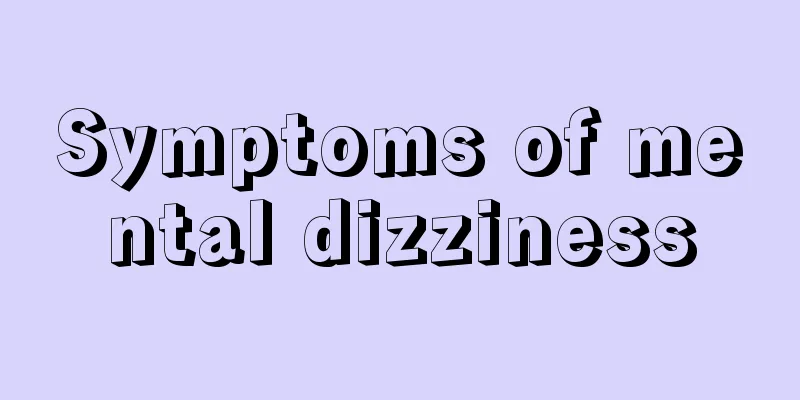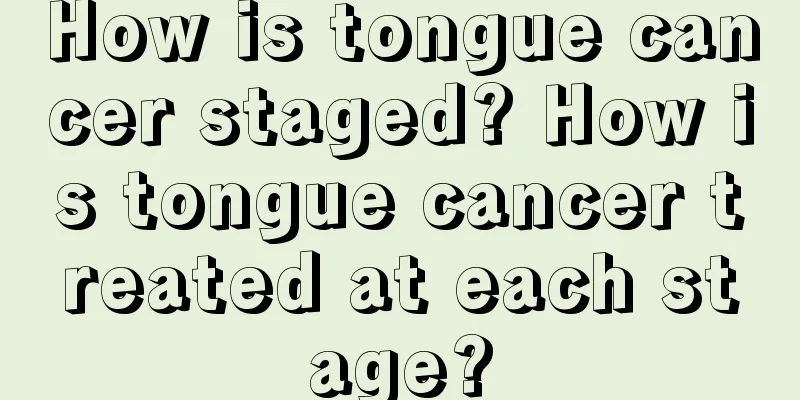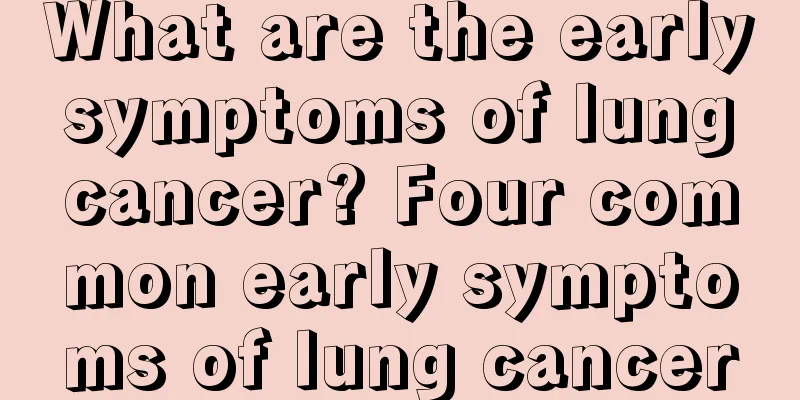Symptoms of mental dizziness

|
Most people have experienced headaches, but some people's headaches are caused by mental problems. The symptoms of mental dizziness are also different from other types. Most of the symptoms of mental dizziness include panic attacks, and at the same time, rapid heartbeat, palpitations, etc. are more obvious. Patients with psychogenic dizziness may also suffer from insomnia and anxiety; some people may become depressed due to emotional problems, and headaches may be the initial symptom. Among the many types of dizziness, there is one called psychogenic dizziness. It does not refer to a specific mental illness, but is a general term for a type of dizziness caused by a variety of mental and psychological disorders. The pathogenesis of psychogenic dizziness is generally believed to be due to the patient's panic attack, which causes hyperventilation, causing a large amount of carbon dioxide in the blood to be discharged from the body, leading to vasoconstriction, increased vascular wall resistance, accelerated heartbeat, and the patient feeling palpitations. The cause of psychogenic dizziness may be secondary to certain diseases. For example, the patient has certain diseases and he develops a fear of these diseases, which leads to insomnia, anxiety, and depression, and he will feel dizzy. On the other hand, it may be caused by emotional disorders, such as mental discomfort and unhappiness, which cause the patient to have a bad mood, which may manifest in the form of dizziness. The treatment of psychogenic dizziness is different from other vestibular diseases. Most patients can be treated in outpatient clinics. The key is to reduce the patient's various stresses and relieve anxiety. Psychogenic vertigo: It is essentially a manifestation of neurosis. Most of them feel dizzy, but it is not true vertigo and there is no motion illusion. When patients complain of "vertigo" or "dizziness", there is no spontaneous nystagmus or spontaneous tilting. They often have other manifestations of neurosis such as insomnia, anxiety, tension, memory loss, difficulty concentrating, etc. There are no vestibular or non-vestibular organ diseases. The main causes of the disease are emotional and mental factors. Drug treatment Selective serotonin reuptake inhibitors (SSRIs) are the first-line medication for depressive disorders and the main drug for anxiety and depressive disorders. Several open prospective studies have shown that SSRI can improve dizziness symptoms in patients with psychogenic vertigo and is effective in treating psychogenic vertigo. These drugs include paroxetine, sertraline, fluoxetine, citalopram, fluvoxamine maleate, etc. Increased anxiety may occur at the beginning of SSRI treatment, and patients may terminate treatment prematurely. Therefore, patients need to be informed that increased symptoms are generally temporary and given counseling support. The solution is to start treatment with a low dose and slowly increase the dose over a few weeks, which can avoid or reduce side effects to a certain extent. During the first few weeks, SSRI therapy may need to be combined with a benzodiazepine. Certain Chinese patent medicines, such as Wulingjun powder, have certain therapeutic effects on patients with mild symptoms or some patients with moderate psychogenic vertigo, and Chinese herbal preparations are safe and have fewer side effects. If the patient has obvious mental disorders or is at high risk of suicide or self-harm, it is recommended to be referred to a psychiatric professional for treatment. Psychotherapy Cognitive behavioral therapy (CBT) has a clear therapeutic effect on patients with anxiety disorders by changing patients' erroneous cognitions and thus abnormal behaviors. Exposure therapy can be used to treat phobias or panic disorders. The effectiveness of psychotherapy for psychogenic vertigo needs to be studied. The clinical evaluation and treatment of psychogenic vertigo have their own particularities. In clinical practice, the first thing to do is to correctly identify the disease and reduce misdiagnosis. At the same time, we must attach importance to communication with patients, explain the causes of vertigo symptoms to patients in detail and provide necessary drug treatment. |
<<: Headache symptoms caused by getting angry
Recommend
Is it necessary to get Hib vaccine
Hib vaccines are generally divided into two types...
How much does it cost to check for esophageal cancer
Although esophageal cancer is a malignant tumor, ...
Is lung cancer contagious when eating together? How do lung cancer tumor cells spread?
Will eating with a lung cancer patient cause infe...
Microwave Fried Ginkgo
Many people do not know how to cook ginkgo nuts. ...
Does bladder cancer need radiotherapy after chemotherapy?
Is radiotherapy necessary after chemotherapy for ...
The harm of tea pillow
We spend most of our lives sleeping, so pillows a...
Several common early symptoms of colorectal cancer
Intestinal cancer is a relatively common malignan...
What is the reason for the pain under the ear?
As people age, they are more likely to experience...
What to eat after laryngeal cancer surgery
Many people feel desperate and panicked when they...
Love to cry is a sign of aging
As we get older, aging seems to be inevitable. Al...
Do I need an abortion if I get lung cancer during pregnancy?
Lung cancer refers to a tumor formed after the ce...
Is Maifan stone pot good?
A medical stone pot is actually a pot that contai...
What do people with teratoma eat for three meals a day
As we all know, teratoma is a kind of tumor cover...
How to maintain dyed hair
When you go out on the street, you can basically ...
Do six cervical health exercises to prevent cervical spondylosis
To prevent the occurrence of cervical spondylosis...









